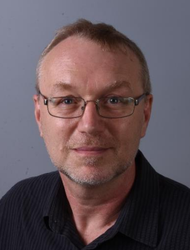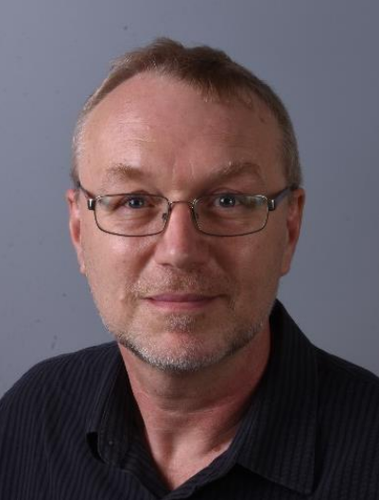Prions, prion strains and expanding universe of prion diseases.
by doc., Ing., Ph.D., Karel Holada
Prions are unorthodox protein infectious particles devoid of coding nucleic acids and phospholipid membrane. The information needed for their propagation is enciphered in the shape of pathogenic PrPSc prion protein molecule. PrPSc has high ratio of β-sheet structures, is partially resistant to proteases and has tendency to aggregate and form amyloid fibrils. Prions propagate by physical contact of PrPSc with normal cellular prion protein (PrPC) which adopts its pathological conformation. The process is called template directed misfolding.
The significance of prion pathogenesis was boosted by increasingly accepted notion that many other neurodegenerative disorders, like Alzheimer and Parkinson disease, also utilize the mechanism of template directed misfolding to facilitate the spread of pathologic conformation of disease specific proteins within the body. Our laboratory is dealing with development and implementation of new prion diagnostic and inactivation methods.
At the beginning of the seminar a new post-doc researcher Daniel Rainer, Ph.D. from the group of heterogenous catalysis and advanced materials will be introduced to the members of the department.


